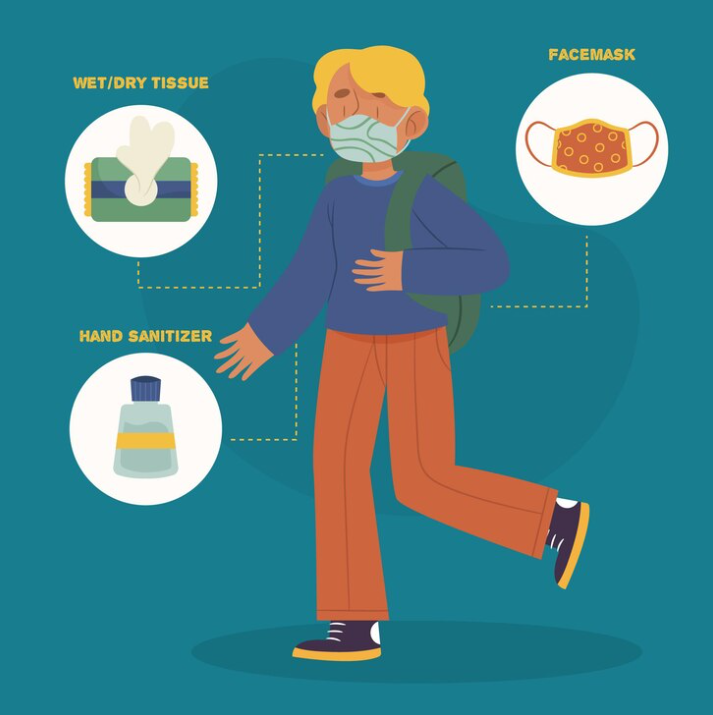
Foodborne Illness Outbreaks: How They Happen and How to Stay Safe
Have you ever heard of food poisoning outbreaks? They’re like the villains of the culinary world, causing chaos and discomfort. But what exactly are they, and how can you protect yourself? Let’s delve into the world of foodborne illness outbreaks and learn how to stay safe.
Understanding Foodborne Illness Outbreaks:
Foodborne illness outbreaks occur when two or more people get sick from eating the same contaminated food. These outbreaks can range from small incidents affecting a handful of individuals to large-scale emergencies affecting hundreds or even thousands of people. Contaminated food can harbor harmful bacteria, viruses, parasites, or toxins, which can make people sick when consumed.
How Do Foodborne Illness Outbreaks Happen?
- Contaminated Ingredients: Sometimes, the ingredients used in food production are already contaminated. This could happen during harvesting, processing, or transportation.
- Cross-Contamination: When pathogens from raw meat, poultry, seafood, or eggs come into contact with other foods, utensils, or surfaces, cross-contamination occurs. For example, cutting raw chicken on a cutting board and then using the same board to chop vegetables can spread harmful bacteria.
- Improper Cooking: Insufficient cooking temperatures may not kill harmful pathogens present in food. Consuming undercooked meat, poultry, seafood, or eggs can lead to foodborne illness.
- Inadequate Storage: Storing perishable foods at incorrect temperatures allows bacteria to multiply rapidly. Refrigeration slows down bacterial growth, while freezing can stop it altogether.
- Poor Hygiene Practices: Failure to wash hands, utensils, and surfaces properly can introduce harmful pathogens into food.
How to Stay Safe:
- Wash Hands: Always wash your hands with soap and water before handling food, after handling raw meat, poultry, seafood, or eggs, and after using the restroom.
- Separate Foods: Use separate cutting boards and utensils for raw meat, poultry, seafood, and eggs to prevent cross-contamination.
- Cook Thoroughly: Use a food thermometer to ensure that meat, poultry, seafood, and eggs are cooked to safe internal temperatures.
- Chill Promptly: Refrigerate perishable foods within two hours (or one hour if the temperature is above 90°F/32°C) to prevent bacterial growth.
- Be Cautious with Raw Foods: Avoid consuming raw or undercooked meats, poultry, seafood, eggs, and unpasteurized dairy products.
Conclusion:
Foodborne illness outbreaks can disrupt lives and cause serious health complications. By understanding how these outbreaks occur and following simple food safety practices, you can reduce your risk of falling victim to contaminated food. Stay informed, stay vigilant, and stay safe!
To seek medical advice, always consult a Doctor. Here are our recommended experts. Click Here
To read more on Food poisoning. Click Here


